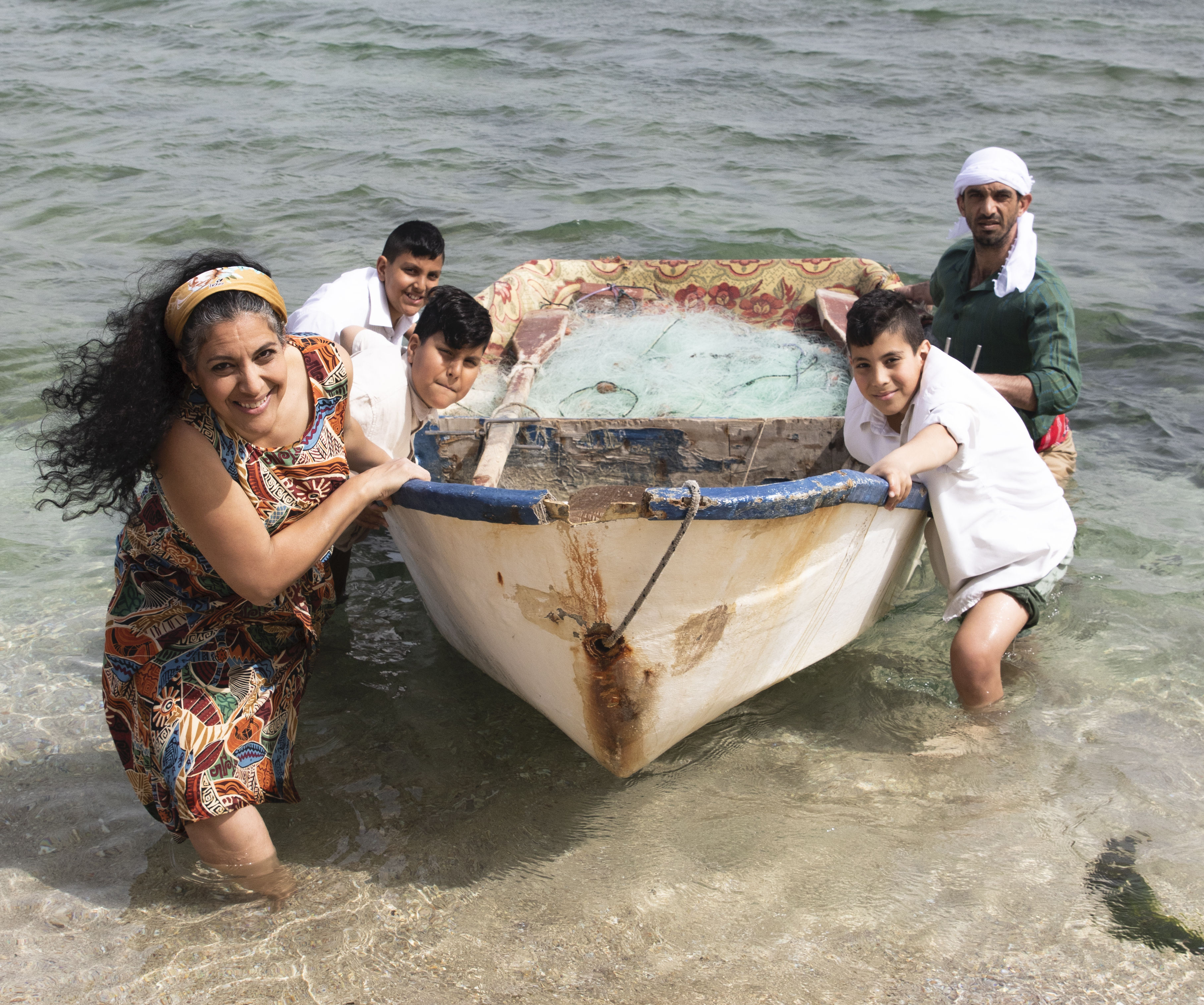In these distressing weeks of the ongoing Israeli attack on Gaza, with an estimated death toll exceeding 20 thousand Palestinians, disturbing proposals have surfaced. Following the Hamas attack on October 7, which claimed over 1100 lives, high-ranking officials in the Israeli government have exploited these tragic events to suggest displacing Gaza's more than 2 million people south into Egyptian territory in the Sinai Peninsula. This proposition implies a troubling acceptance of forcibly displacing Palestinians, constituting a proposal for ethnic cleansing, once again.
Yet, we must recognize that most Palestinians in Gaza were already displaced long before October 7th. Over 70% of the population in Gaza consists of Palestinians who were displaced during the establishment of the state of Israel in 1948 or soon afterward. Their roots trace back to cities and villages such as Jaffa, Ramleh, Lydd, Bir-a-sabaa, Isdud, and Majdal—places depopulated and mostly destroyed, replaced by Israeli settlements: Towns, cities, and villages.
Instead of contemplating another forced displacement, what if Palestinians in Gaza were offered an opportunity to realize their right to return? What if the barriers to the north and east of the strip came down not by force but through acknowledgment, justice, and a commitment to peace?
Sderot, attacked on Oct 7, 2023, was built on the ruins of the Palestinian village of Huj, destroyed and depopulated in 1948. Now imagine the rebuilding of Huj as part of the rebuilding of Gaza, as a place that has space for everyone, Palestinians and Jews. What if the reconstruction process for a shared space involves and includes all the people who live there?
What if Gaza City is rebuilt after the relentless bombings and with open borders, it becomes a metropol for villages and small towns all around it? What if everyone shared the beautiful beach of Gaza?
Can the Israelis who were displaced from Sderot for weeks live with the Palestinians who were displaced from Huj?
In the face of thousands of victims, destroyed neighborhoods, and echoes of the Nakba of 1948, envisioning such a future seems challenging. However, what if we resist the impulse to securitize the situation? What if we reject "solutions" that involve more fences, more weapons, and more brutality? What if we insist on a basis of equality, liberty, and justice for all? What if we finally understand that our safety, our very lives, are dependent on each other?
Palestinian return and decolonization does not have to mean mass expulsion of Jews from Palestine or the end of Jewish collective lives and identity here. Those existed before Zionism and were always part of the overall collective lives of many different communities in Palestine. They can be again. This future is for us to take responsibility for. After so much bloodshed, so much destruction, after the collapse of fences, and a false sense of security, it is time to rebuild the Gaza district, to rebuild Palestine on a foundation of justice.
On this International Day of Solidarity with the Palestinian people, we issue a call to envision return—a just and lasting solution.
The Gaza Strip was established in 1948 when Palestinians, forcibly fleeing or expelled from other areas in the Gaza district and across Palestine, found refuge there. The root of the problem lies in those historical events. Gaza was never meant to be a fenced-off "strip" but an integral part of the geographical unit between the river and the sea.
Things can be different, and they must be different. Only by recognizing that no one is safe until all are safe, and by prioritizing the right of return, can a just and lasting solution be achieved.
Up until October 7th, we called on people to imagine a just future and the return of Palestinian refugees. Today, we urge everyone to not just imagine but to realize and envision a future of return—the only just solution for the indigenous people of this land and all people who live here. Only if we hold ourselves accountable to what is right, can we ever truly be free or safe.
Today, as we witness crimes surpassing those we exposed through our work at Zochrot, we have a second chance to redress the injustices. We must not remain complicit. Israeli Jews and Jews worldwide, along with people of conscience globally, have a chance to stand on the right side of history. Today, there is no excuse for allowing these atrocities to continue.
People around the world, particularly younger generations, informed by the truth, are choosing justice. Today, we know the truth, and those who perpetuate these crimes will be held accountable for their stand and actions. The time for change is now.
On this day, 76 years ago, the UN General Assembly officially approved the dispossession of Palestinians. The international community voted for a path of separation, securitization, and the prioritization of certain human lives over others. Since then, numerous losses have accumulated. As we mark this anniversary, it's a moment to advocate for change. Instead of fences, let's opt for connectedness. Rather than dispossession, let's strive for return. Instead of hierarchy, let's champion equality. Let's collectively choose hope and strive for a future grounded in justice.



